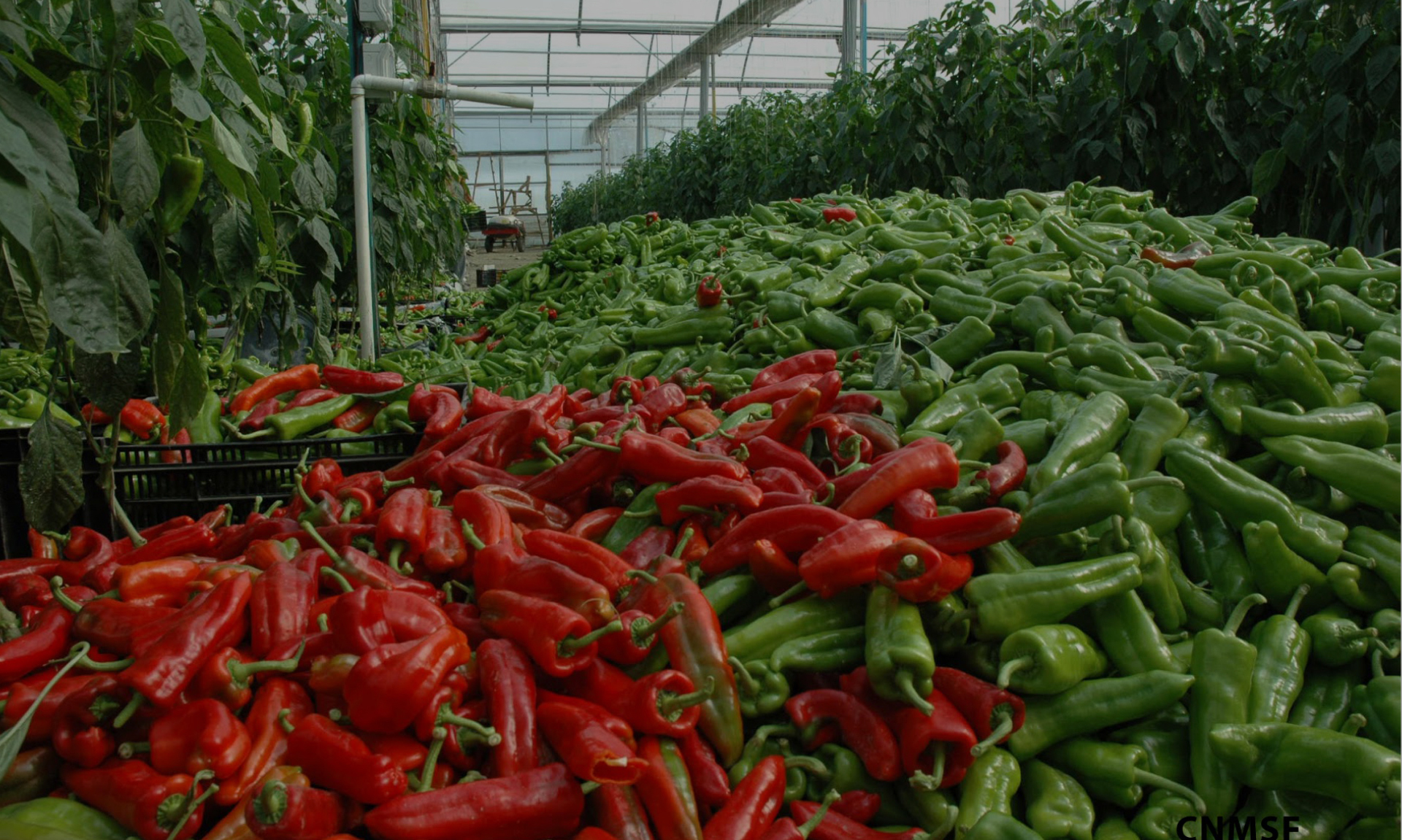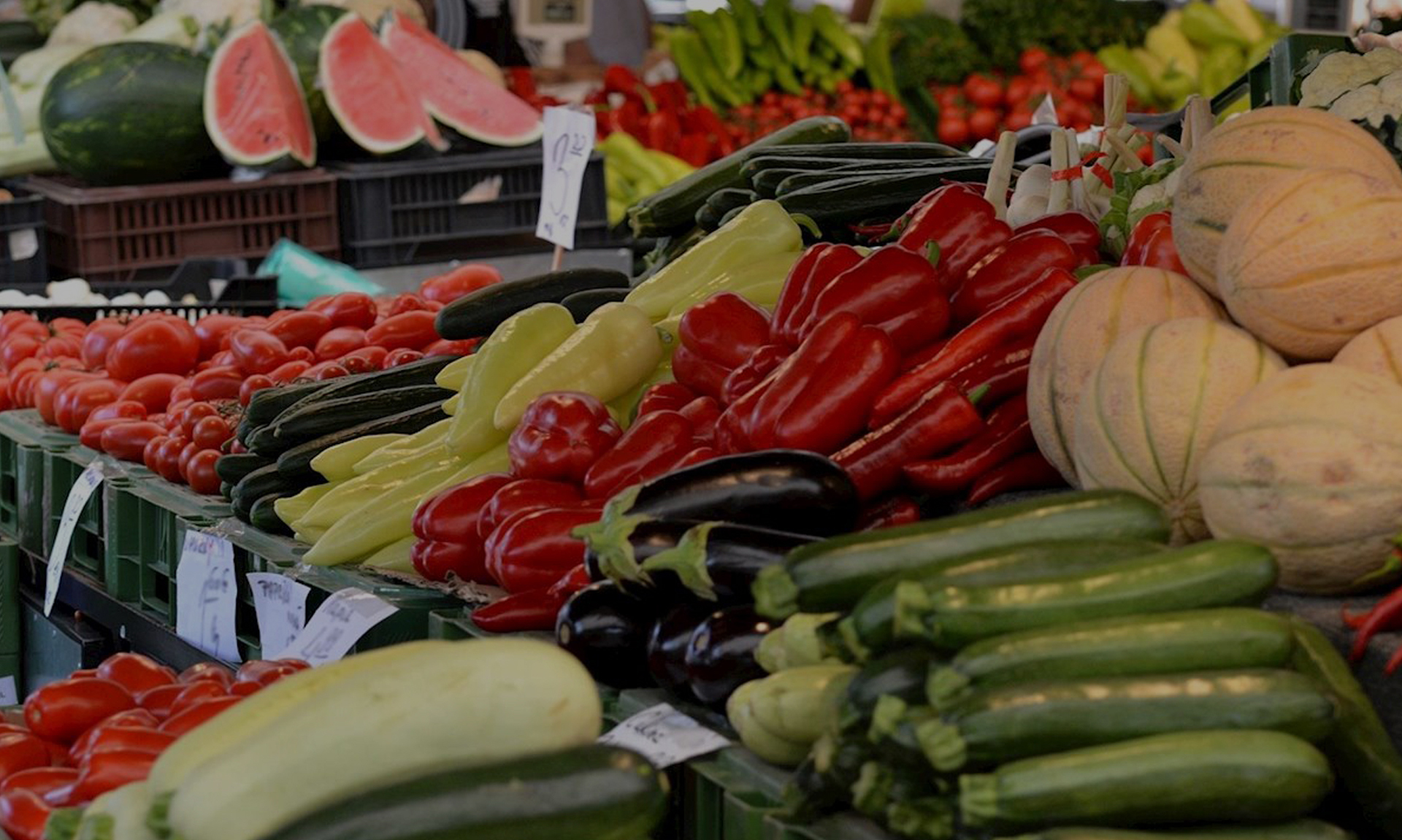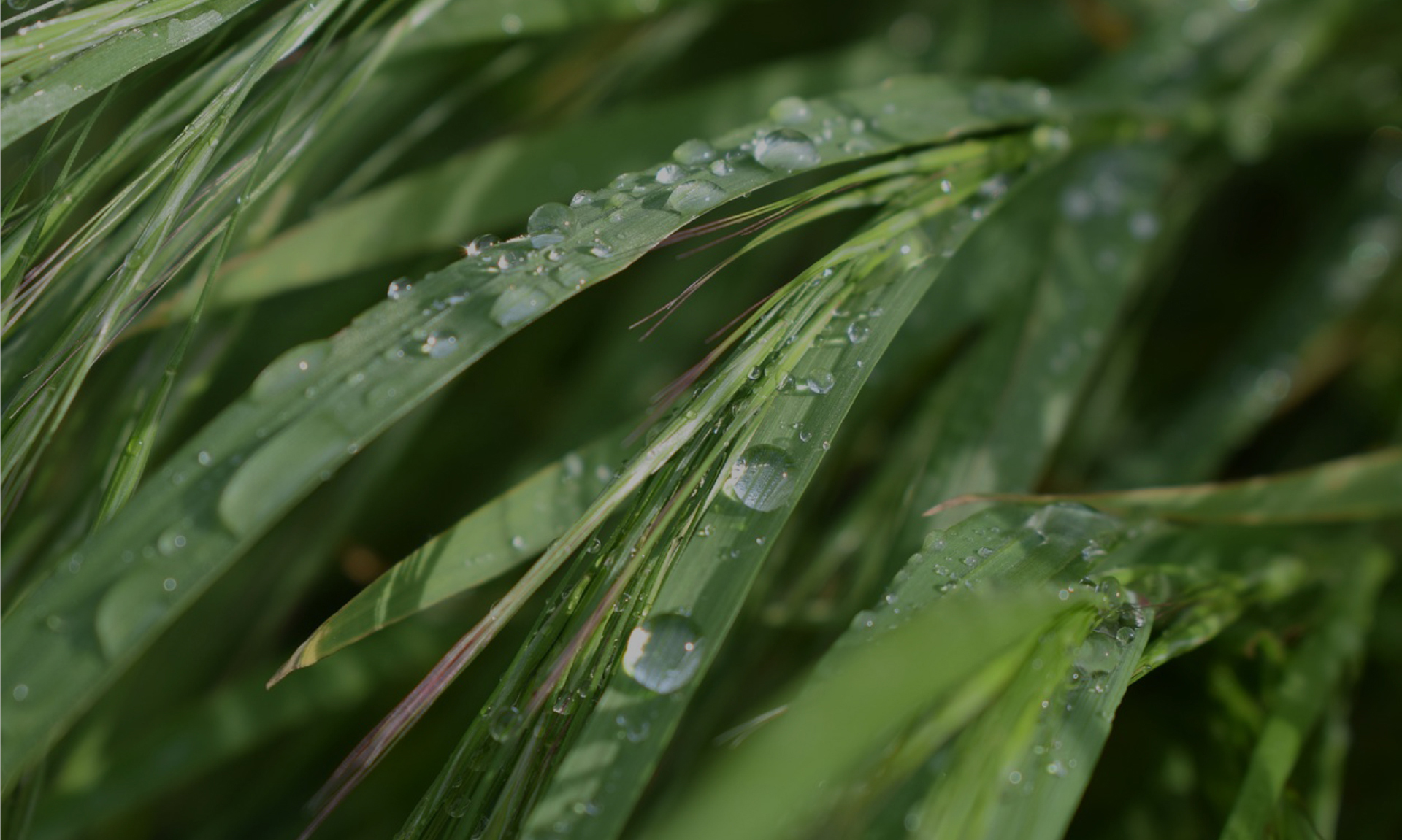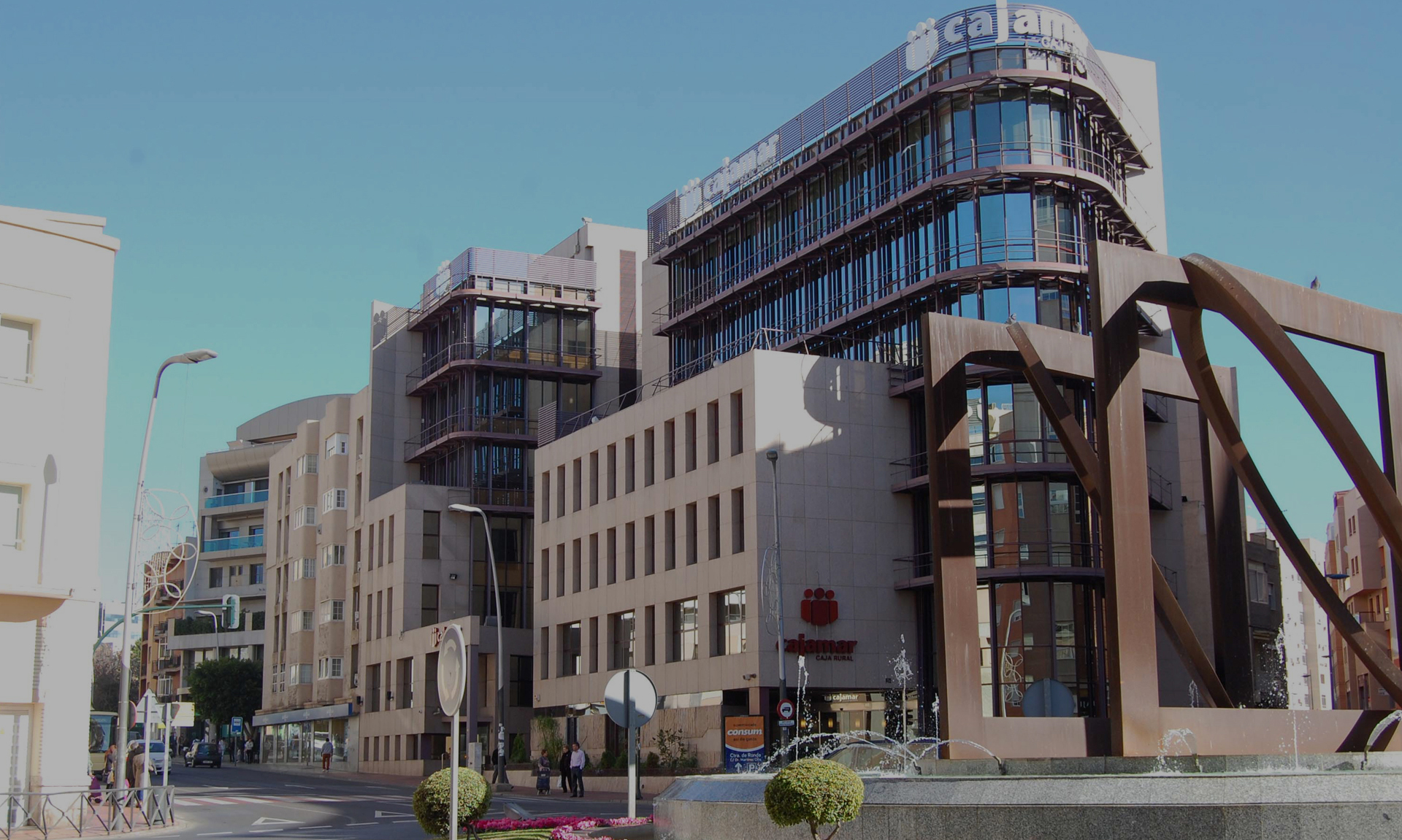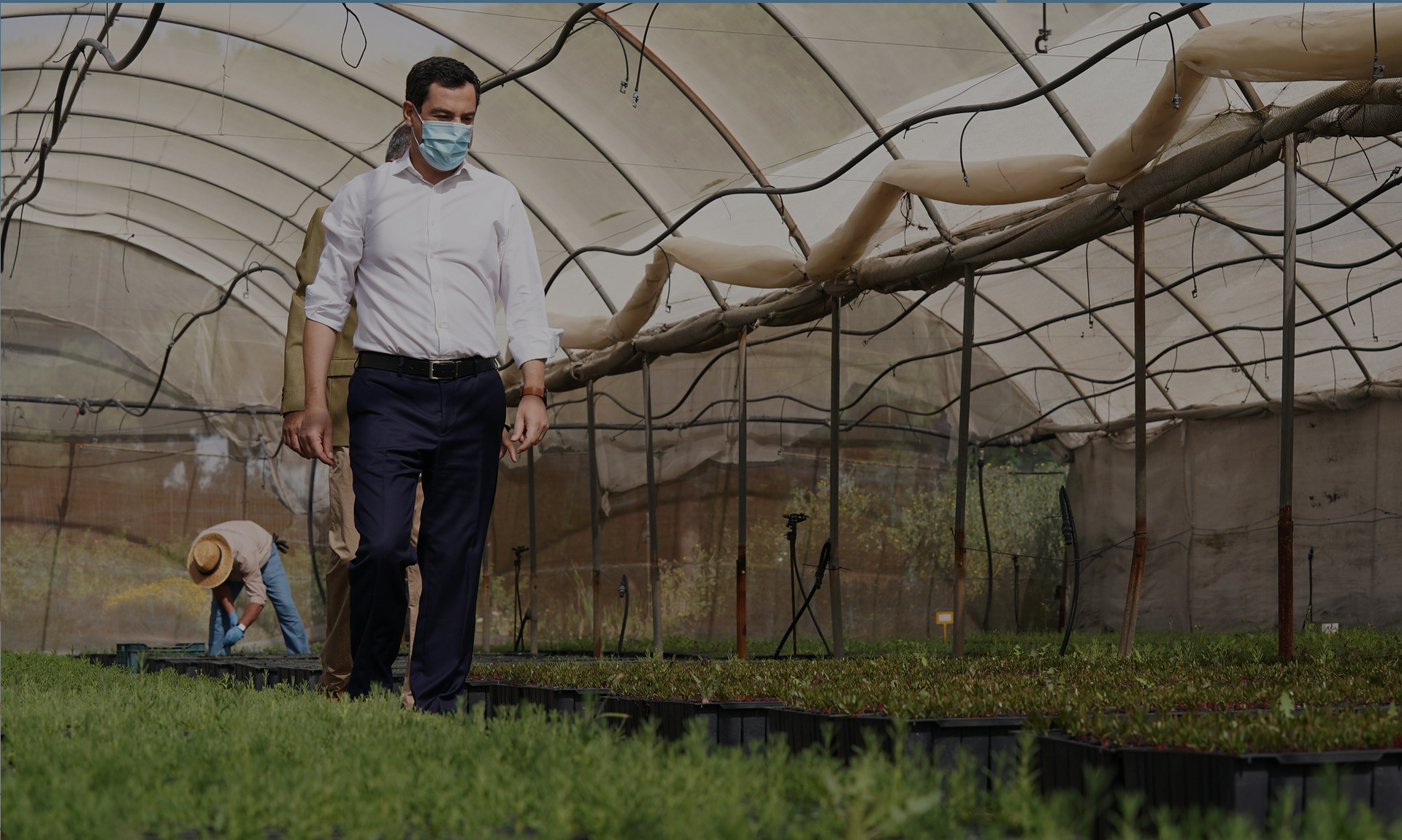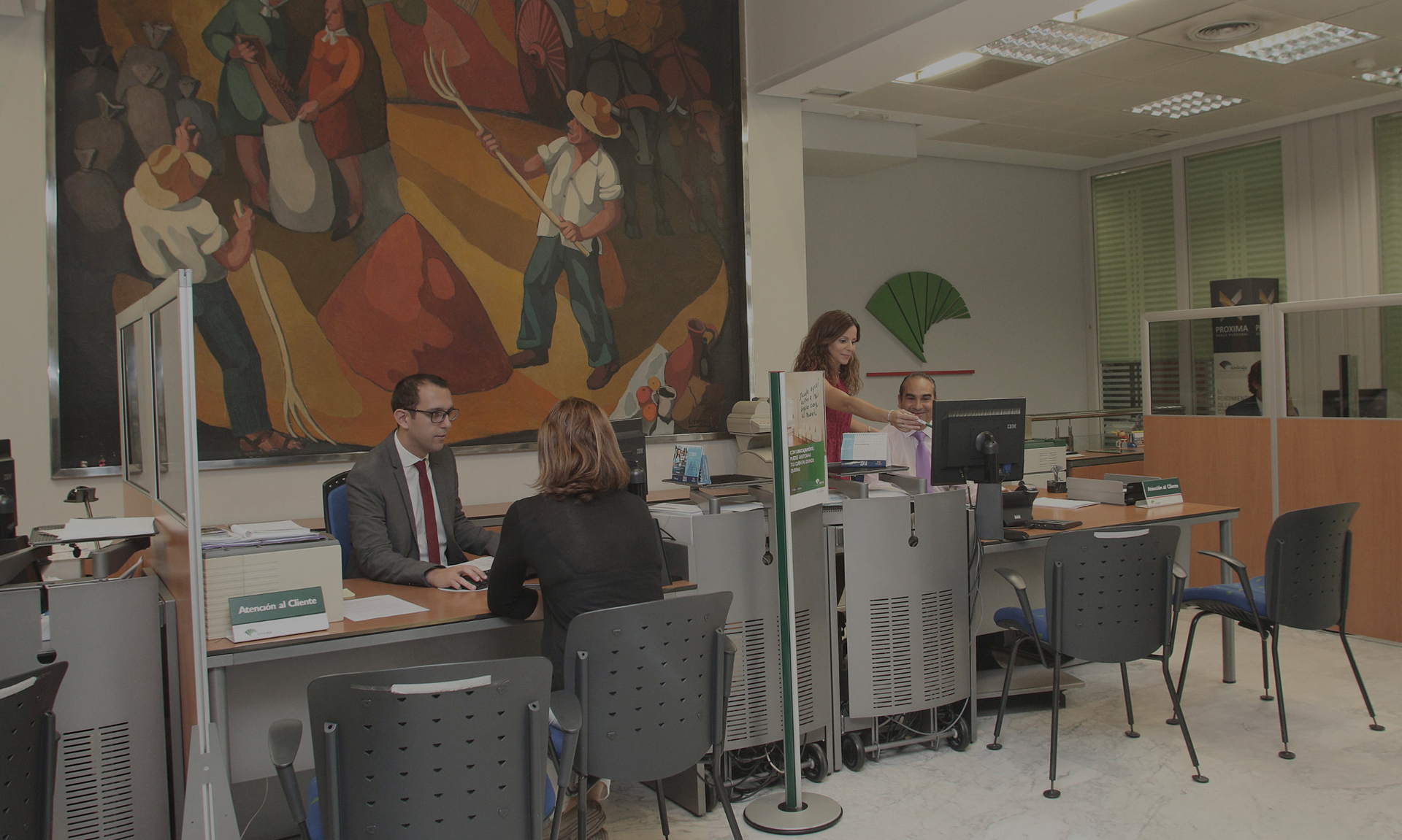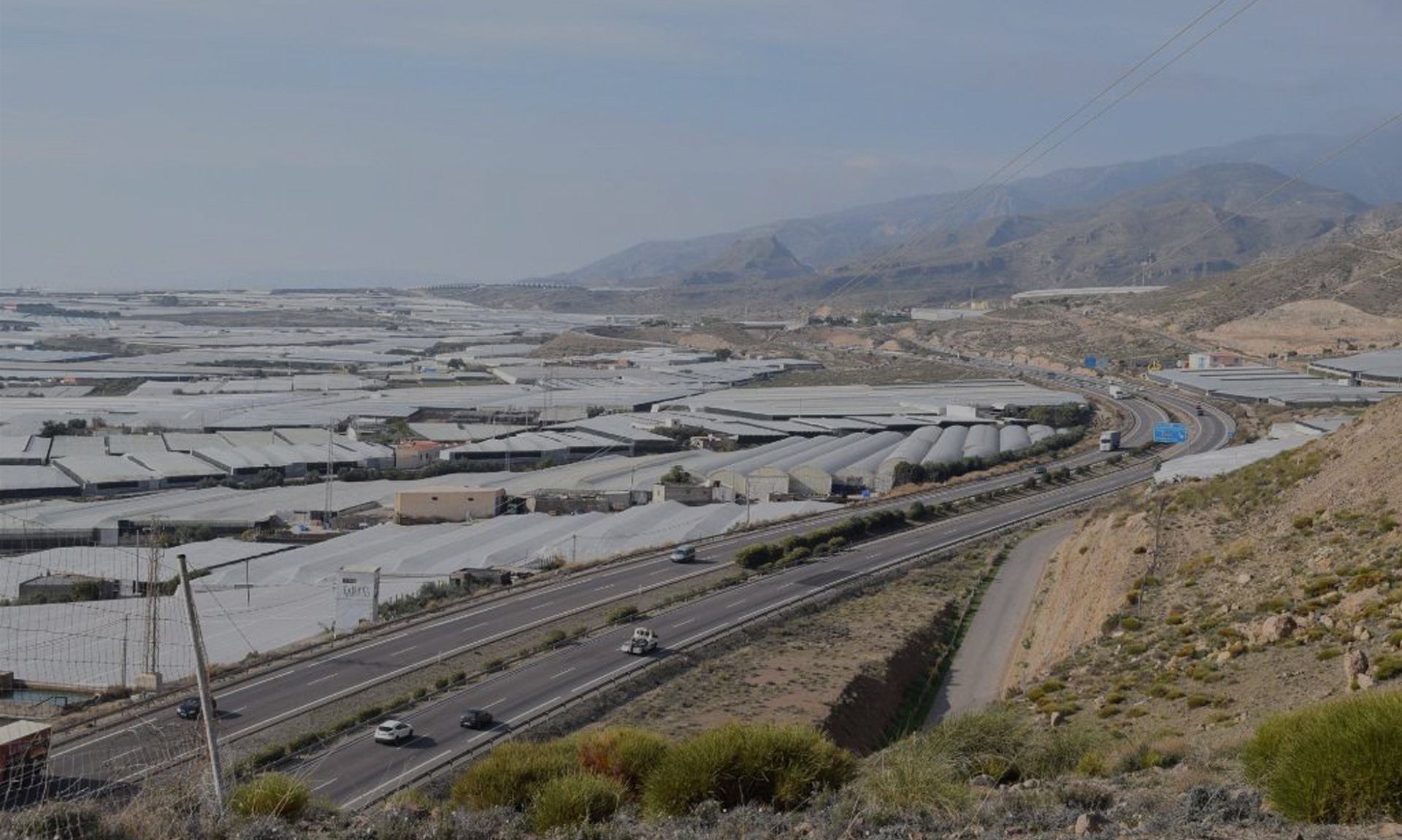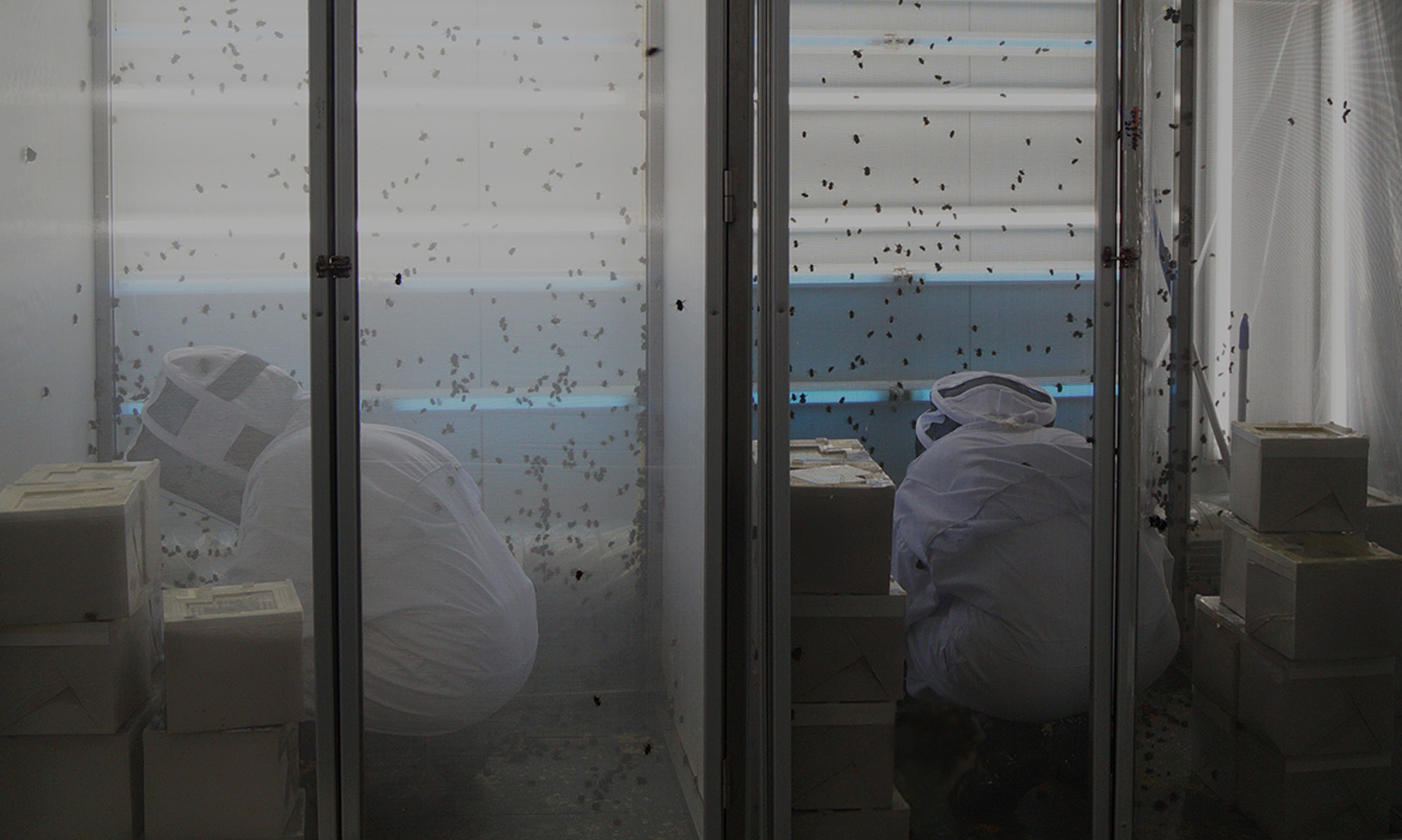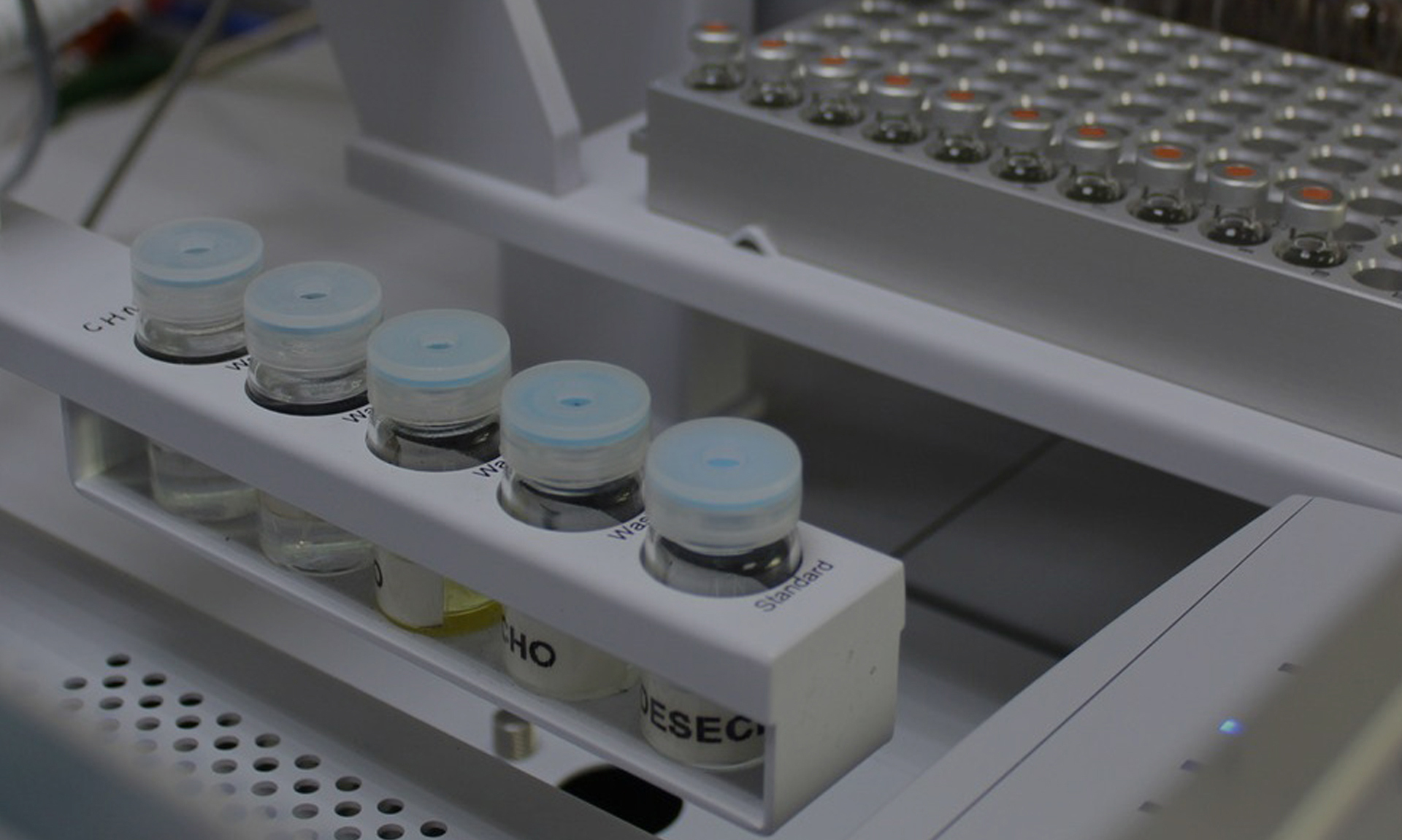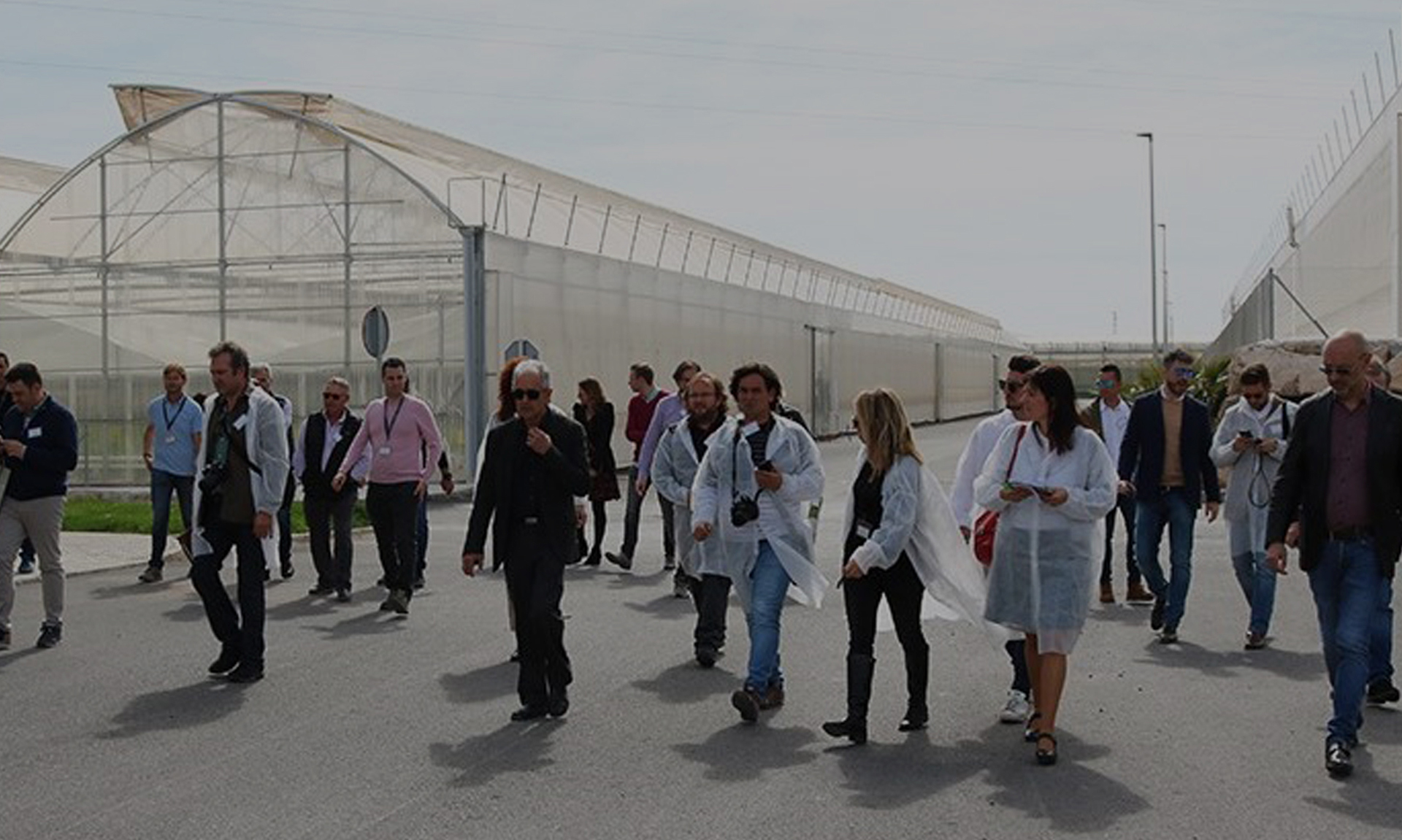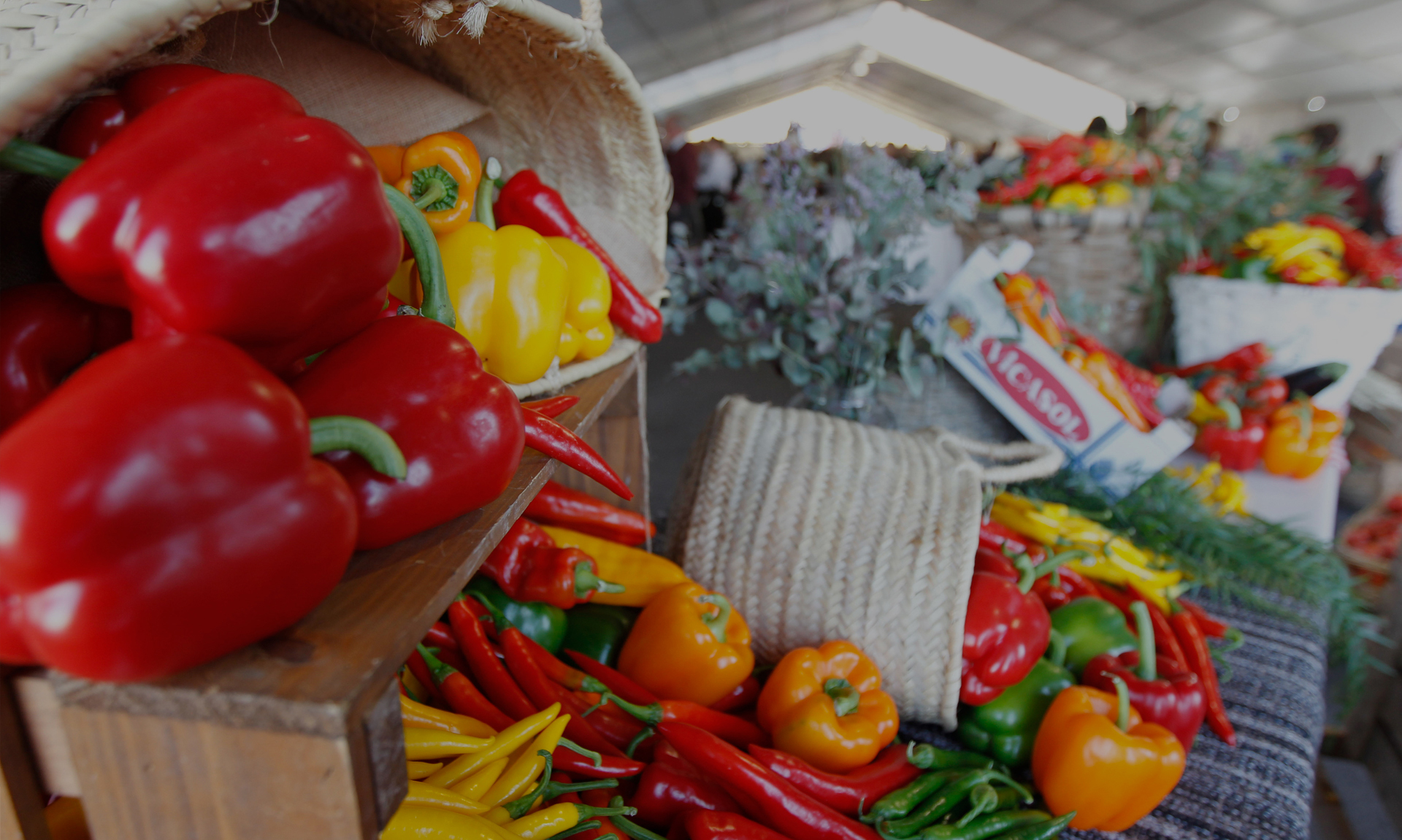Committed towards sustainability
The farming sector in Almeria achieves the highest efficiency in water usage
Almería has experienced what many have come to consider “a miracle” - becoming Europe’s farm despite major limitations in water resources. And it achieved that through maximizing water usage efficiency.
Needing much less water than any other farming system currently existing in Spain or Europe, it is also achieving a higher production rate than any of them, plus the highest profitability rate per cubic metre and, last but not least, job creation requirements that are the highest considering their consumption.
All this is the outcome of the generalization of localized watering system, basically drip irrigation, used on over 90% of farming hectares of the province, and almost 100% of greenhouse farming. In comparison with the rest of the southeastern Spanish provinces (Almeria, Murcia and Alicante) that lead in the production of fruits and vegetables, Almeria with 354 cubic hectometers achieves the lowest consumption, followed by Murcia almost doubling it with 609 cubic hectometres, and Alicante, whose citracal and fruit tree plantations consume up to 1343 cubic hectometers, four times more than Almeria.
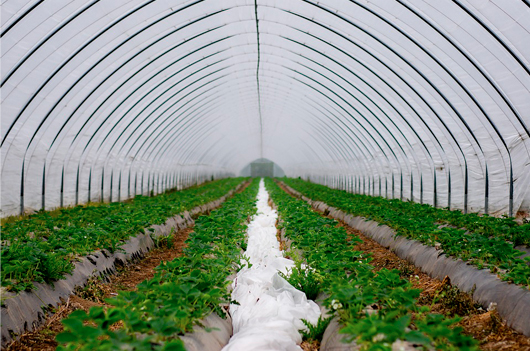
Almeria's greenhouses draw attention for their efficient usage of water.
But its efficiency is not only about using the dripping to maintain soil humidity, but rather the use of management systems that allowed, through sensors and informatic systems, to know with precision the water requirements of each plant. This is the way to avoid wasting such an essential resource as water is for agricultural processes.
Among the three aforementioned provinces, boasting both the highest profitability rates per hectare and the highest water consumption, Almeria arises as a remarkable example after achieving the best profit/consumption rates - 5,28 € per cubic metre of water consumed; Murcia is still halfway there with 2,52€/cubic metre and Alicante holds the third position with 1,96€/cubic metre, almost thrice less than Almeria.
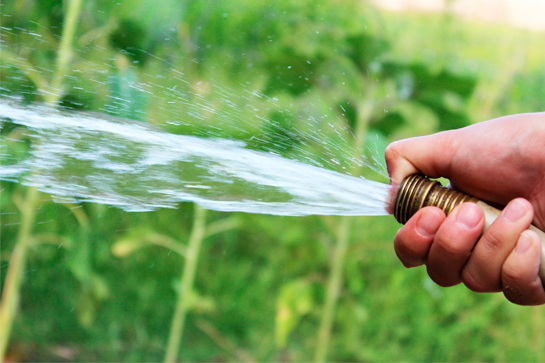
Sustainable management of water resources has always been the number one priority. for Almeria's farming sector.
The history of Almeria has forever been about the search for water and ways to manage it without wasting it, and that is still true for the province. Some days ago, the results of the R&D project “Precision farming as a competitive advantage for the fruit and vegetable sector”, carried out by a collaboration between Coexphal, Grupo Caparrós, Proyecta Ingenio and Wise Irrisystems with the aim of setting up and certifying a process to implement a water footprint. The system would allow farmers and producers to obtain a water footprint for each of their products and a certificate to show the clients and consumers the producer’s commitment to environmental sustainability, guaranteeing an efficient use of water through the entire process - “a strong and clear added value”, states one of the developers.
Those who decide to implement these tools and technologies will receive, together with the Water Footprint certificate, the H3+ certification, guaranteeing that the producer is doing an excellent management of its farm’s water requirements.
This is only the latest item to appear in the fruit and vegetable market, but the initiatives aimed at optimizing water usage and resource management have followed one after the other over the last years - from the creation of a business incubator for high-tech water companies promoted by Cajamar, to the project for the recuperation of the Dalías aquifer, initiative led by the JCUAPA irrigation association.


